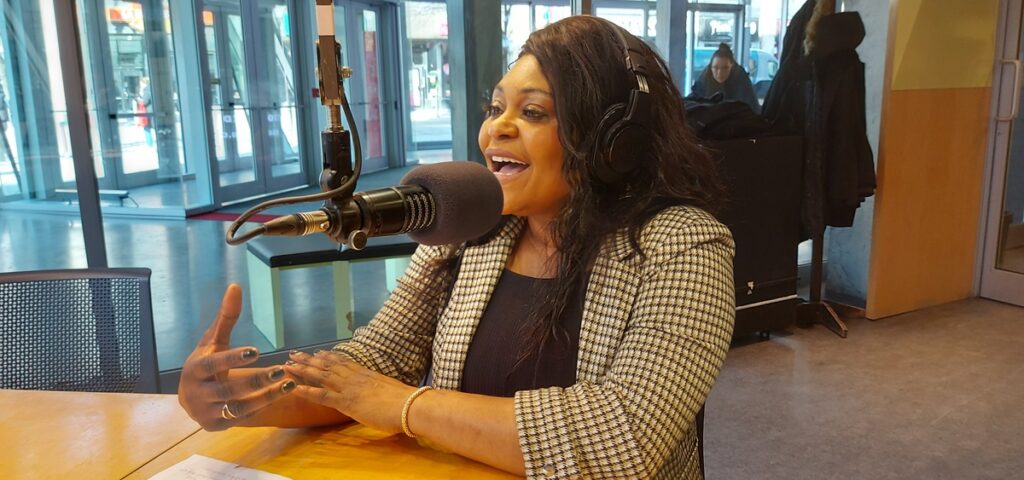As of February 19, the RENFORT hotline had received 89 calls in six months, which represents less than four calls a week. RENFORT is a free and confidential telephone service offering support to Montreal families who are concerned about armed violence.


Are we to understand that the service is under-utilized, as La Presse implies in its report that revealed these figures?
“89 calls in six months is an interesting figure. Not alarming, nor worrisome,” states Roselyne Mavungu, Director of the Centre for the Prevention of Radicalization Leading to Violence (CPRLV) on Éducaloi’s Angle Droit radio show. The CPRLV runs the RENFORT hotline.
When asked about the usefulness of this service, Ms. Mavungu explained that it’s one component of what she calls a “shared responsibility,” because we need communities and parents to get involved if we want to reduce armed violence in Montreal streets.
“With an issue like [armed violence], you have to build a relationship of trust,” she says. According to Ms. Mavungu, families and parents need to know who’s behind the line and what approach is used, to ensure that they’re being listened to with care and compassion.
Beyond the individual support provided by the hotline, Ms. Mavungu points out that the CPRLV offers support groups to the public, “where families can meet others with a loved one who’s gone down a path of violence, where they can share helpful practices to make sure that young people don’t fall [into armed violence].”
A new mandate
Roselyne Mavungu points out that tackling armed violence is a new mandate for the CPRLV, which was originally created in March 2015 to “prevent violent extremism and hate-motivated acts.”
|
According to the Government of Canada’s website, a hate crime is a criminal violation motivated by hate towards a particular social group (for example, based on ethnicity, language, religion, or even sexuality). Hate crimes can be directed at symbolic targets (such as a place of worship), people or groups of people. |
“We’re dealing with two types of violence that are totally distinct. When we talk of radicalization, there’s one factor we need to be aware of, and that’s the ideological factor,” explains Ms. Mavungu. She specifies that “radicalization, in and of itself, is not a negative thing.”
“It’s when radicalization leads to violence that there’s an issue,” she says, when violence is used to bring “social transformation”. In cases of armed violence, there is no ideological motivation, states Ms. Mavungu.
“When we’re talking about armed violence, we’re either dealing with a trivialization of violence or a glorification of weapons,” she adds.
|
To reach the RENFORT hotline, call 514-653-6363. The line is open from 8AM to 8PM Mondays to Fridays, and from 9AM to 5PM on Saturdays and public holidays. |
In decline
According to the Service de police de la Ville de Montréal (Montreal city police service or SPVM), armed violence in the city saw a 26% reduction last year. There was also a 20% decrease in homicides.
|
In 2023, a total of 33 homicides were reported on the island of Montreal, which includes the seven people who died as a result of the arson committed in an Old Montreal building. By contrast, there were 41 homicides in 2022. |
However, crimes against persons and property increased by 11% in 2023, according to preliminary data from the SPVM.







